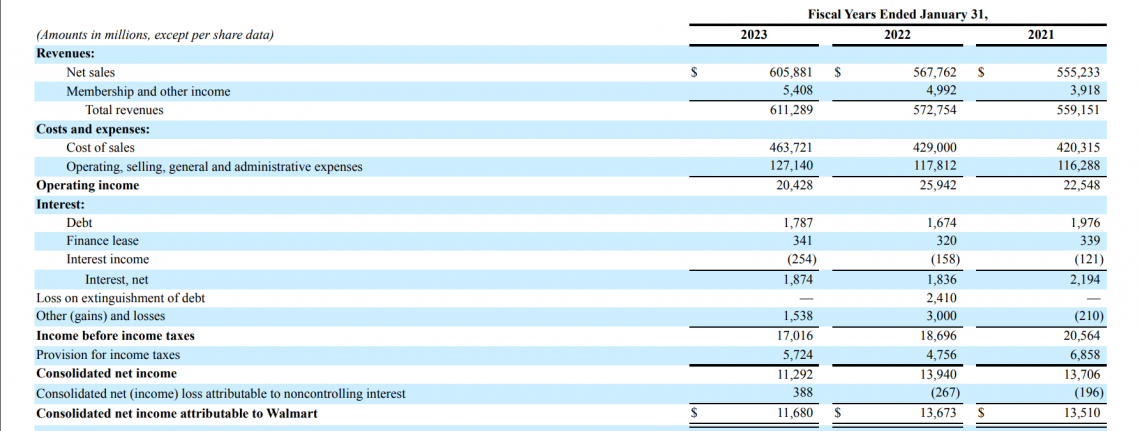Sales Revenue
It shows how a business is doing, its growth, profitability, and shareholder value
What is Sales Revenue?
Sales Revenue is one of any business's most important Key Performance Index (KPI). It shows how a business is doing, its growth, profitability, and shareholder value. In other words, sales revenue is critical for measuring a company's success.

Sales Revenue is the income a company generates from its sale of goods or by providing services over a certain period. It can be both in cash and in credit. Revenue generated by these goods and services is sometimes also stated as operational revenue, as the primary operation of the business generates it.
Sales Revenue is shown under the income statement as gross revenue or net revenue.
Gross revenue is before all the deductions like an allowance for sales returns, bad debt expense, potential sales discounts, etc. At the same time, net income is made after all the above deductions.
Sales revenue is calculated as follows:
- For goods: Unit sold X Sale price.
- For service: Hour served X Rate per hour.
Sales revenue vs. Revenue vs. Profit
In accounting, sales revenue and revenue can and are used interchangeably, but both have a minor difference.
Revenue includes all the income generated by a company. This includes income generated outside of its core business, and this income is labeled as non-operational income.
For example, if a retail store earns interest from its cash reserves at the bank, it is included in revenue but under non-operating income, as it is not its core business income.
Sales Revenue includes only the income generated by a company from its core business. So, for example, a retail store's income generated by selling goods or its products will be sales revenue.
Note
While sales is a revenue stream for a business, not all revenue comes from sales of products or services.
On the other hand, profit is the remaining amount left for the company's shareholders after all the adjustments, like operational costs, administration costs, taxes, interests, other income, and expenses.
Why Is Sales Revenue Important?
As sales revenue is one of the most important metrics a company is judged on, it is essential to report the figures accurately.
It can help the company and relevant parties:
1. Measure profitability
Sales revenue helps the business to know the profitability of the company's core business.
Sometimes a company can get revenue from other sources that do not come under its core business and can make it so that the overall profit and losses do not represent the company's actual position.
2. Decide where to invest
A company can see which product or service is bringing in more revenue and which product is losing money by looking into sales revenue. It helps the company to invest in its more profitable products.
3. Determine eligibility for loan or contract opportunities.
Some loans and government contracts require a specific revenue base and sales revenue calculation to qualify for a loan or a contract.
Some industries (mainly in IT and software) give more weight to sales revenue than profit in their valuation.
For example, Uber famously has been a loss-making company since its inception but still has a valuation of 62 Billion USD based on its 31.88 Billion USD revenue.
Sales Revenue Example
Below is the Walmart income statement from its 10k filing for the fiscal year ending January 31, 2023.
As you can see, sales revenue is at the top, showing how much the company has earned during the fiscal year. It also shows the previous year's income to compare the current and previous results.
This report shows that Walmart's revenue has grown yearly for the last three fiscal years.
In 2021, it reported a revenue of 559.151 billion USD; in 2022, it said 572.754 billion USD; and in 2023, it reported 611.289 billion USD.

Key Takeaways
- Sales revenue is the income a company generates by selling its product or by providing its services.
- It is one of the essential key performance indexes (KPI) for any business.
- There is a minor difference between revenue and sales revenue. Revenue includes all the income generated by a company, while sales revenue includes only the income generated by a company from its core business.
- While sales is a revenue stream for a business, not all revenue comes from sales of products or services.
- Sales revenue helps a business, too; it measures its profitability, determines where to invest, understands its market opportunities, and determines its valuation.









or Want to Sign up with your social account?